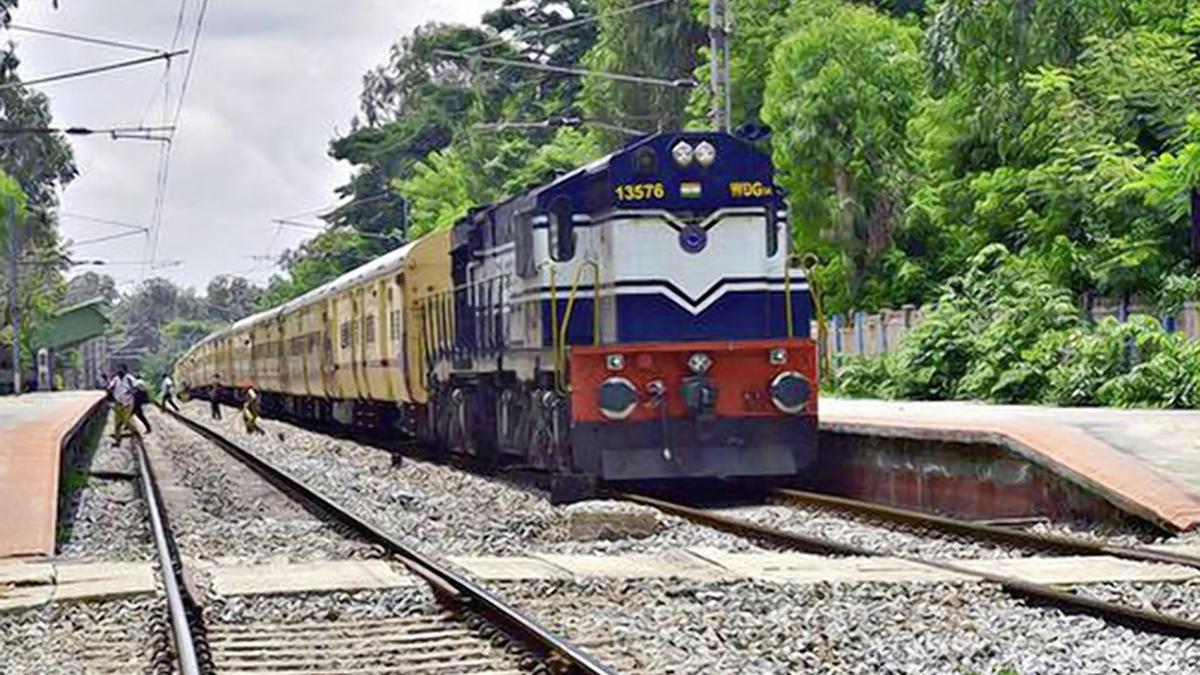
Railways withdraws emergency cashless treatment scheme
The Hindu
Railways withdraw Cashless Treatment Scheme in Emergencies (CTSE); no refund for card holders. Special case for retired employees aged 75+ to seek OPD consultation in empanelled private hospitals.
The Indian Railways has withdrawn the Cashless Treatment Scheme in Emergency (CTSE), a medical facility which benefitted a few lakh serving and retired employees and their dependent family members across the country.
A pilot project for providing cashless treatment during emergencies in private Railway-empanelled hospitals was initially launched in metro cities in 2016. Later the ambit of the scheme was expanded across the railway network facilitating serving and retired employees and their dependent family members to avail treatment in private hospitals during emergencies.
The Railway Board reviewed the implementation of the scheme and after a careful deliberation decided to withdraw the CTSE with immediate effect. It was also decided that no refund would be issued to CTSE-card holder for the amount that was deposited for subscription to the scheme.
While introducing the scheme, the Railways had said comprehensive healthcare facilities were being provided through a network of hospitals to serving and retired employees, and their dependent family members.
It was felt that a large number of retired beneficiaries lived in the newly-developed suburbs of various cities across India. These suburbs were often far away from the established railway health institutions. In this scenario, precious time was lost in the travel to the Railway hospitals in case of emergency.
The CTSE was rolled out and empanelled private hospitals were nominated to provide necessary treatment in emergencies and raise the bill directly to the Railways.
The scheme, designed to work seamlessly on a pan-India basis, facilitated any retired employee settling in any city or moving from place to place to get emergency treatment anywhere in the country without the need for any referral from the local railway medical authorities.













